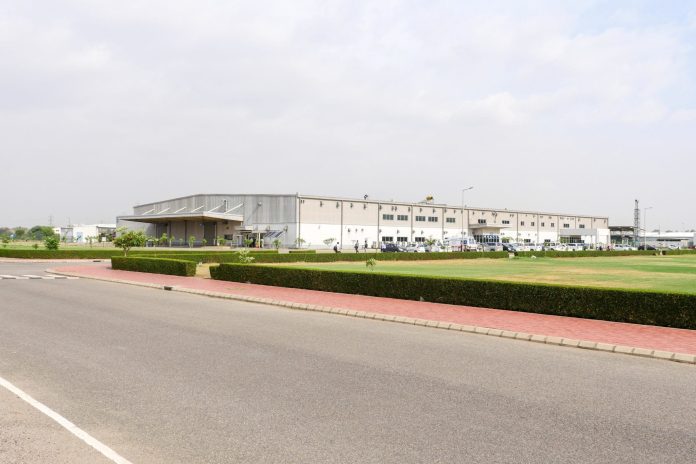Japanese tech giant Panasonic has announced its plans to ramp up its smart factory solutions business in India.
The company said in a release that it has integrated its welding business and its Surface Mount Technology (SMT) equipment business to consolidate its software and hardware capabilities and become an end-to-end integrated smart manufacturing solutions company.
The new effort is aimed at enabling Panasonic to deliver smart solutions and services along with hardware to the manufacturing industry, the company said.
Panasonic plans to open a technical center for its smart factory solutions which will act as a strategic base that validates smart factories with customers and can be used as a training center where customers can learn the skills required to operate a digital factory.
The Japanese company is focused on building India as its innovation hub for the firm’s global operations.
“Companies not only in India, but globally are increasingly focused on automating processes in their manufacturing plants and bringing in solutions, which are more digitally enabled. India is adopting new age technologies such as 5G, IoT, AI and others at a rapid pace and we will only see more investment in these technologies as we move forward. To be able to cater to these growing demands, having the right and smart capabilities in manufacturing will be key, and this is what we are addressing today,” said Hiroyuki Aota, president and CEO of Panasonic’s global smart factory solutions.
Panasonic said that the smart factory solutions will target manufacturers looking to take a forward leap in smart manufacturing through solutions such as integrated line management system (iLNB), automated process tracker, and digital reporting system. Panasonic highlighted that its recently introduced solution, iLNB can communicate with the entire line of machinery and can automate up to 70-80% of manual processes.
Manish Sharma, president and CEO of Panasonic India, added that “India is today at the helm of digital transformation and ramp up of manufacturing capabilities.Today, manufacturers require improvements not only in process automation but also in productivity and quality across the entire production cycle and factory as a whole.
“The key technology to realize a Smart Factory is to connect various equipment through the IoT to synchronize them and collect and control data from the equipment in real time for entire production processes. We are extremely focused on building solutions that cater to the real needs of our customers and will aggressively ramp up our portfolio of smart factory solutions,” Sharma added.

